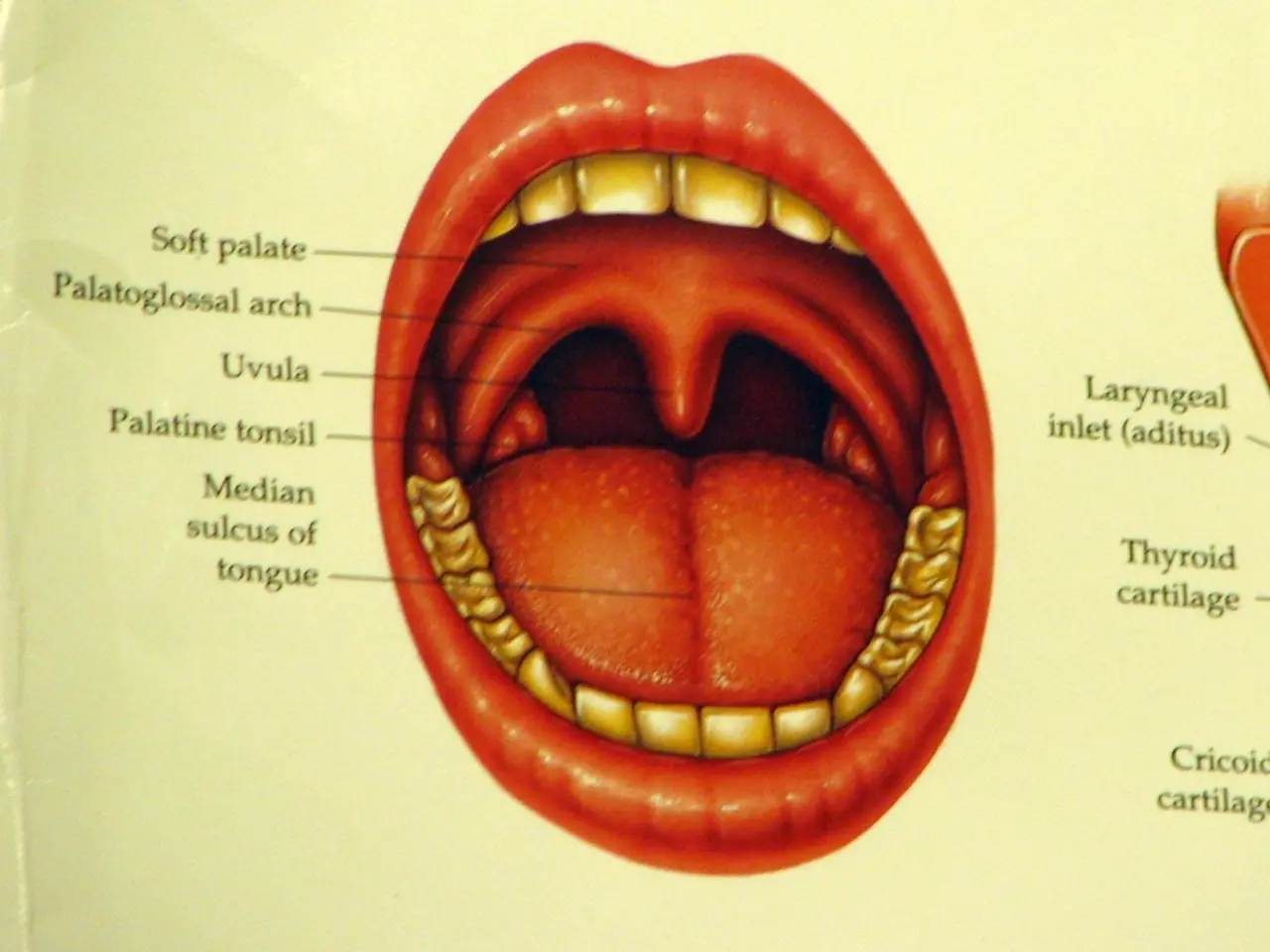Strategies for Maintaining Cognitive Agility
In a fascinating study by psychologist and neuroscientist Christian Jarrett, three methods are suggested to train the brain and memory in everyday life. By incorporating these strategies into our daily routines, we can effectively improve our memory and maintain brain fitness.
Firstly, humour plays a significant role in brain health. Laughter reduces the stress hormone cortisol, improving short-term memory and cognitive skills. The release of endorphins, triggered by laughter, boosts well-being, enhances problem-solving, and improves learning ability. Sharing laughter socially strengthens relationships and magnifies these benefits [2]. To harness the power of humour, make learning fun by using funny acronyms, mnemonics, or giving items more entertaining names.
Secondly, navigation exercises spatial memory and cognitive mapping skills, which are critical for brain health. Engaging your brain with mental challenges such as puzzles or learning new routes keeps it active and sharp [3]. An example could be turning off the GPS and navigating manually, which requires the brain to remember directions and process spatial information.
Lastly, socializing supports brain fitness by stimulating communication, emotion regulation, and memory recall. Social interactions often involve humor, which further enhances memory and cognitive functioning [2]. Maintaining social contacts twice a week is one of the main factors in protecting against declining memory performance. The more varied the social activities, the greater the effect, such as meeting with friends, volunteering, joining a club, or participating in group discussions [4]. Combining social activities with other brain-boosting activities, such as learning a new language in a class, can enhance the benefits.
Complementing these strategies with lifestyle habits known to support memory and brain health is also essential. Regular exercise, such as brisk walking or light aerobic workouts, increases blood flow to the brain and promotes memory formation [1][5]. Good sleep hygiene, especially sleeping soon after learning new information, aids memory consolidation [1]. Staying mentally active through learning, puzzles, or teaching others, including creating mnemonic devices and chunking information, is also beneficial [1][3]. Eating brain-healthy foods like fatty fish, berries, leafy greens, and nuts supports cognitive function [5].
By combining humor, navigation, and socializing—as engaging and stimulating mental activities—with these healthy daily habits, we can effectively improve our memory and maintain brain fitness in everyday life.
- Engaging in music, an activity known to stimulate brain activity and improve cognitive function, can complement the strategies of humor, navigation, and socializing to further enhance memory and maintain brain fitness.
- Incorporating science-based practices such as meditation and mindfulness into our daily routines, proven to reduce stress levels and enhance mental health, can be beneficial for maintaining brain fitness, alongside humor, navigation, and socializing.
- Adopting a holistic approach to brain health by incorporating lifestyle habits like maintaining good nutrition, practicing fitness and exercise, and prioritizing mental health and wellness, in addition to humor, navigation, and socializing, can lead to optimal improvements in memory and overall brain fitness.




